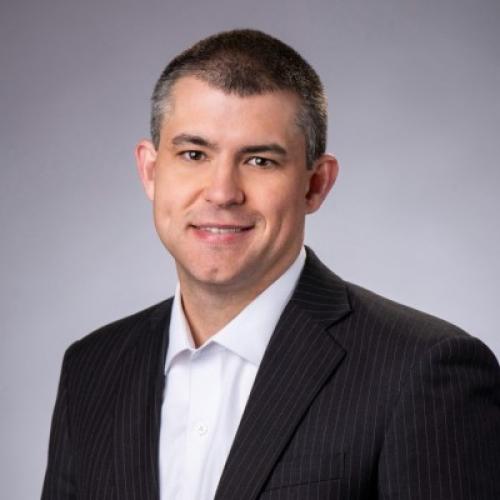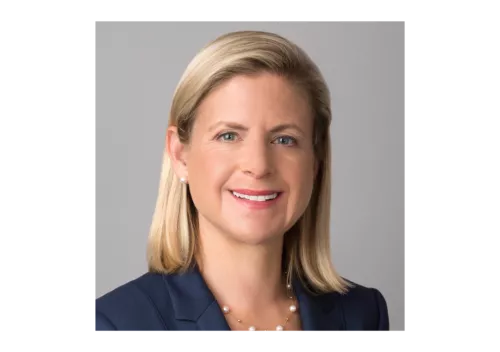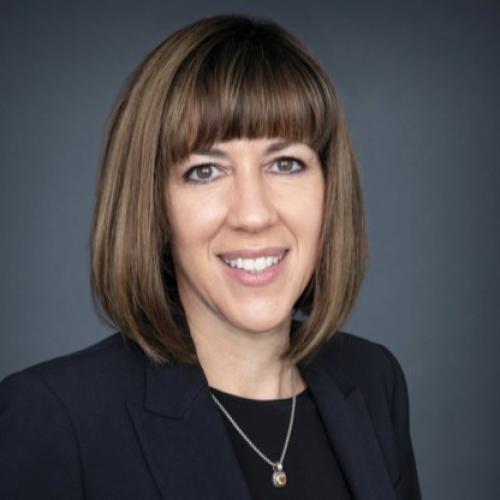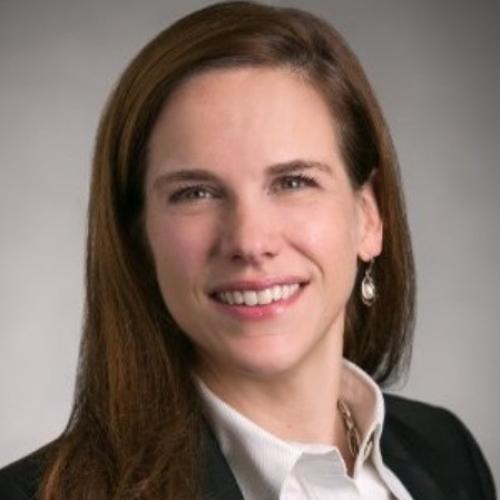A life in the fish bowl
This award is the latest in a long list of highlights from Bob Lamm’s broad career. His dedication to governance spans time spent at top companies from Pfizer and CA to WR Grace & Co, as well as extensive experience at small and midcaps. He currently serves as the co-chair of Florida-based firm Gunster’s securities and corporate governance practice.
So what are some of his most formative experiences? ‘I was lucky to have many bosses who were smart, tough and demanding,’ he says. ‘That might not work for some people but in my case it worked very well.’
Lamm recalls Gail Erickson, his first boss at WR Grace, particularly fondly: ‘She was reputed to be the toughest lawyer in New York City by people who had worked for her, but I don’t recall ever having a tough day with her. One thing I learned was not to walk into her office with a problem without at least one proposed solution, too.’
Looking back on his career, Lamm feels fortunate to have worked in some challenging environments because they gave him an opportunity to grow. He mentions having worked with two family-owned businesses that were transitioning into publicly listed companies, outlining the growing pains of having to become much more visible and accountable to external stakeholders.
‘It helped me understand what public ownership means,’ he says. ‘The notion of living life in a fish bowl and needing some degree of transparency is something some people have trouble understanding emotionally.’
While these experiences taught him a lot about what good governance looks like for public companies, Lamm feels there is an internal sense of right or wrong central to the governance profession that can’t be taught.
‘We often think about the rules and focus on the minutiae, but sometimes we’re looking at blades of grass instead of the forest,’ he says. ‘The big decisions that get people in legal trouble are often those that don’t require a law degree to address. When it comes to fundamental issues of right or wrong, most people know what they are.’
Even in moments when his moral compass has been most tested, Lamm has had a trusted adviser to turn to: his wife. ‘I came home from work once after I’d had to choose between two clashing executives,’ he says. ‘It had been very tough and I was distraught. My wife said, Did you do the right thing? and I replied, If I made the wrong decision, I could be out of the job tomorrow. She looked at me and said, Did you make the decision you feel is ethically and morally correct? We can be broke but at least you’ll have your ethical and moral integrity.’









